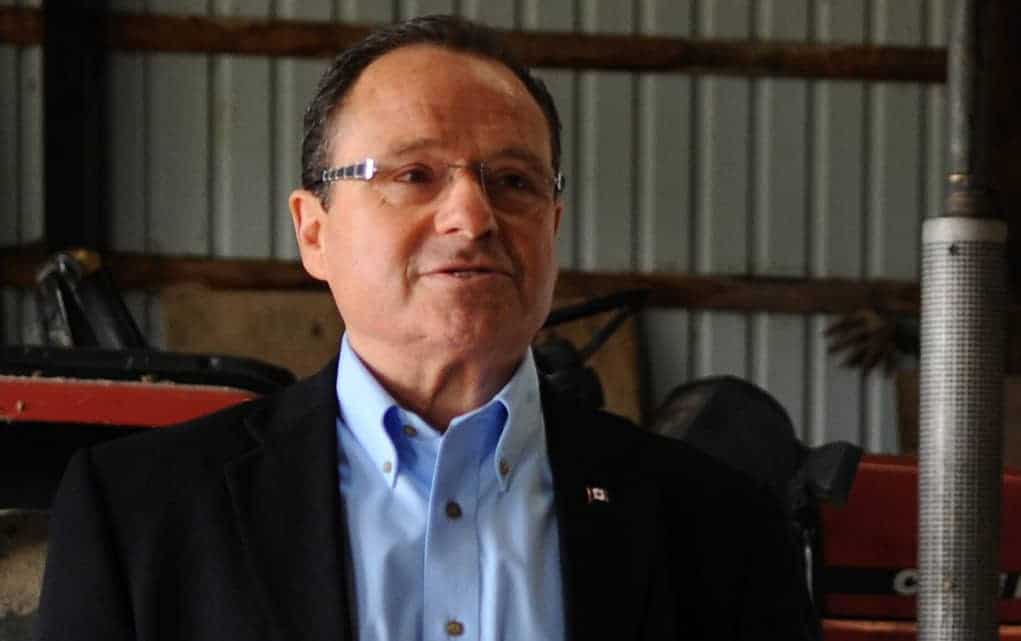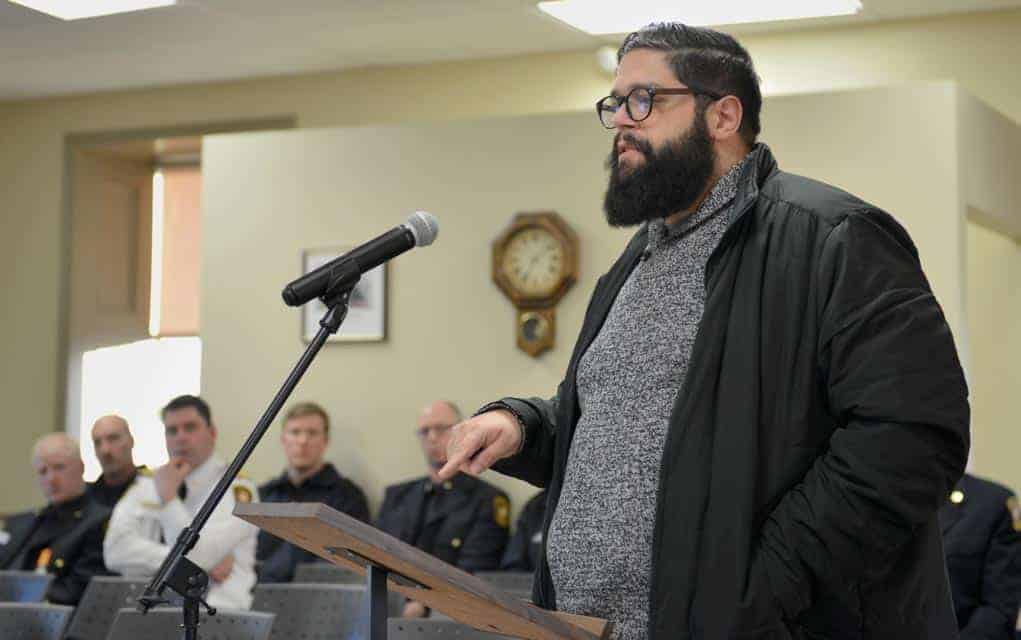The federal Liberals’ latest budget shows the government has no intention of tackling its deficits despite election promises to the contrary, says local MP Harold Albrecht.
Not surprisingly, the Conservative member of Kitchener-Conestoga wasn’t impressed with the document rolled out Mar. 22 by Finance Minister Bill Morneau. It features another deficit of $23 billion.
“We’re not in a time of recession and we are continuing to borrow. Trudeau promised $10 billion max. We are at $23 billion this year, and we are at $28 billion for the next year and up until 2021, we will be spending $33 billion a year just to pay the interest on our debt,” he said. “Just stop and think for a minute about what that $33 billion could be invested in. Maybe it is health care, infrastructure or other services like education – you name it.”
One of the glaring missteps by the Liberals, said Albrecht, is a step back from encouraging the use of public transportation. Until this budget was released, Canadians who frequently use public transport could apply for a tax credit for their transportation expenses. He says the issue affects all transit riders in the Waterloo Region.
“Here we are investing billions of dollars into the public transit system, which we should be doing. I am totally in favour of investing in public transit, but at the same time, in the same budget, they removed the public transit tax credit,” said Albrecht of the credit, which could amount to $200 per person per year. “It is being taken away at a time when we are encouraging people to get out of their cars where it is possible. At the very least, leave it alone, and at the very best, increase the credit to encourage more people to use the infrastructure that we are building so it doesn’t sit there half empty. It was a very popular tax credit and it came at a very small cost when you look at the bigger picture – only $200 million.”
He has a message for his constituents in the Waterloo Region: hang on to your wallets.
“The federal government has the responsibility to work alongside municipalities. We can’t just keep spending this kind of money in perpetuity without having some kind of plan to bring it all back into balance,” he said, referencing the federal Conservative budgets when Stephen Harper was in office. “We did go into deficits with stimulus funding to promote specific infrastructure programs, but we were very clear that we weren’t going to do this over the long term. It was a short-term stimulus that was agreed upon by all finance ministers of the G7, that this was the best way to target the worldwide global recession. We said we would do it, and when we left office, the budget was balanced and we actually had a $2 billion surplus. And that was during a recession.”
For Canadian taxpayers, the federal budget also outlines an increase in taxes on alcohol and tobacco, a $20 billion investment in public transportation in lieu of the previously mentioned credit, GST and HST added to rideshare fees like Uber, a plan to offset costs for families trying to have a baby with medical help, and earlier access to disability credits.









